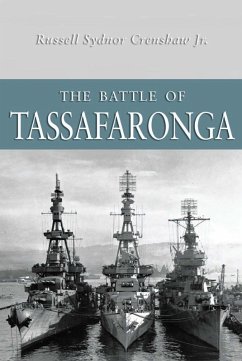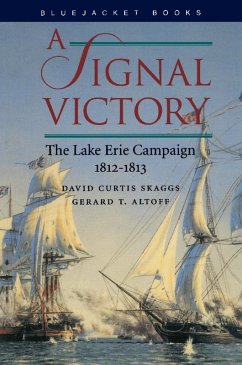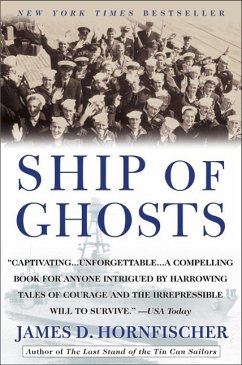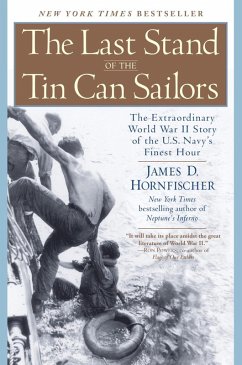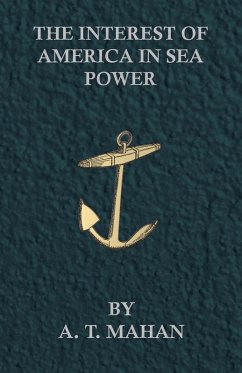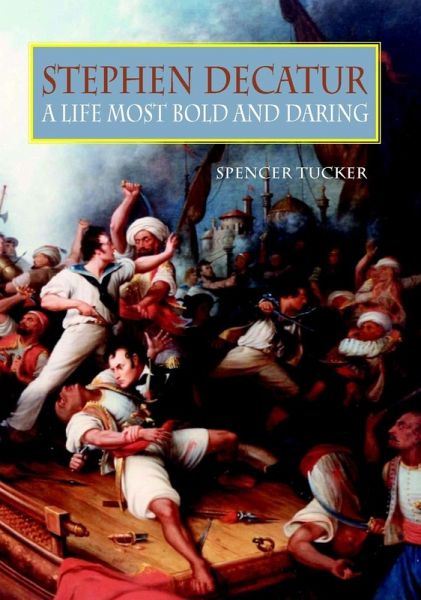
Stephen Decatur (eBook, ePUB)
A Life Most Bold and Daring

PAYBACK Punkte
7 °P sammeln!
Brave, energetic, intensely patriotic, Stephen Decatur is America's first great naval hero after John Paul Jones. His short and dramatic life is a story of triumph and tragedy told by the noted historian and author of some twenty books, Spencer Tucker. Decatur's raid into Tripoli Harbor in 1804 to burn the Philadelphia, a prized U.S. warship captured when it ran aground during the Barbary Wars, earned him international fame. An admiring Horatio Nelson described the feat as "the most bold and daring act of the age." Explaining the tremendous impact Decatur's action had on the early U.S. Navy, t...
Brave, energetic, intensely patriotic, Stephen Decatur is America's first great naval hero after John Paul Jones. His short and dramatic life is a story of triumph and tragedy told by the noted historian and author of some twenty books, Spencer Tucker. Decatur's raid into Tripoli Harbor in 1804 to burn the Philadelphia, a prized U.S. warship captured when it ran aground during the Barbary Wars, earned him international fame. An admiring Horatio Nelson described the feat as "the most bold and daring act of the age." Explaining the tremendous impact Decatur's action had on the early U.S. Navy, the author notes that it set a standard of audacity and courage for generations of future naval officers. At the age of twenty-five, Decatur was promoted to captain, becoming the youngest naval officer ever to attain that rank in the U.S. Navy. The book fully examines Decatur's astonishing achievements as it chronicles his rapid rise in the Navy, including his command of the Constitution and the United States, during the War of 1812, when he captured the British frigate Macedonian off the Azores. The book also recounts the cruise that many call his greatest triumph: Decatur sailed into the Mediterranean with a nine-ship American squadron to punish the dey of Algiers for taking American merchant shipping, securing peace with Algiers and keeping other Barbary states quiescent. Lionized by a grateful American public upon his return, Decatur offered a toast at a reception in his honor that is now legendary, "Our country! In her intercourse with foreign nations, may she always be in the right; but our country, right or wrong!" In describing Decatur's life, the author also examines Decatur's relationship with James Barron, a Navy captain who fatally shot Decatur during a 1820 duel.
Dieser Download kann aus rechtlichen Gründen nur mit Rechnungsadresse in A, D ausgeliefert werden.






